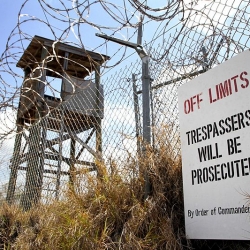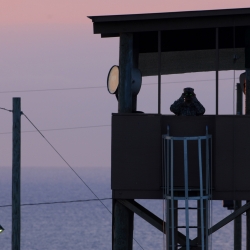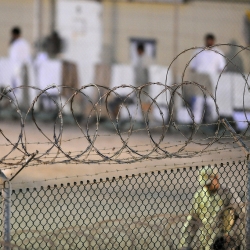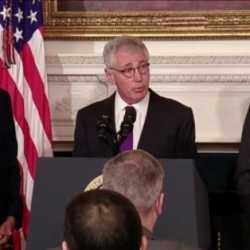Board Member Lee Wolosky to be Special Envoy for Guantanamo Closure
Board Member Lee Wolosky to be Special Envoy for Guantanamo Closure For Immediate Release – June 30, 2015 The National Security Network welcomes the appointment of Lee Wolosky as Special Envoy for Guantanamo Closure. A decade ago, Lee was a founding member of the National Security Network, and he has served as a board member since that time. Lee’s extensive experience in government, law, and diplomacy will allow him to make progress toward the critical national security goal of closing the Guantanamo Bay detention facility, which has damaged relationships with U.S. allies and served as a propaganda tool for terrorists.In addition to his background in counterterrorism, transnational threats, and the rule of law, Lee brings to the position a demonstrated ability to work in a… Read More ›










